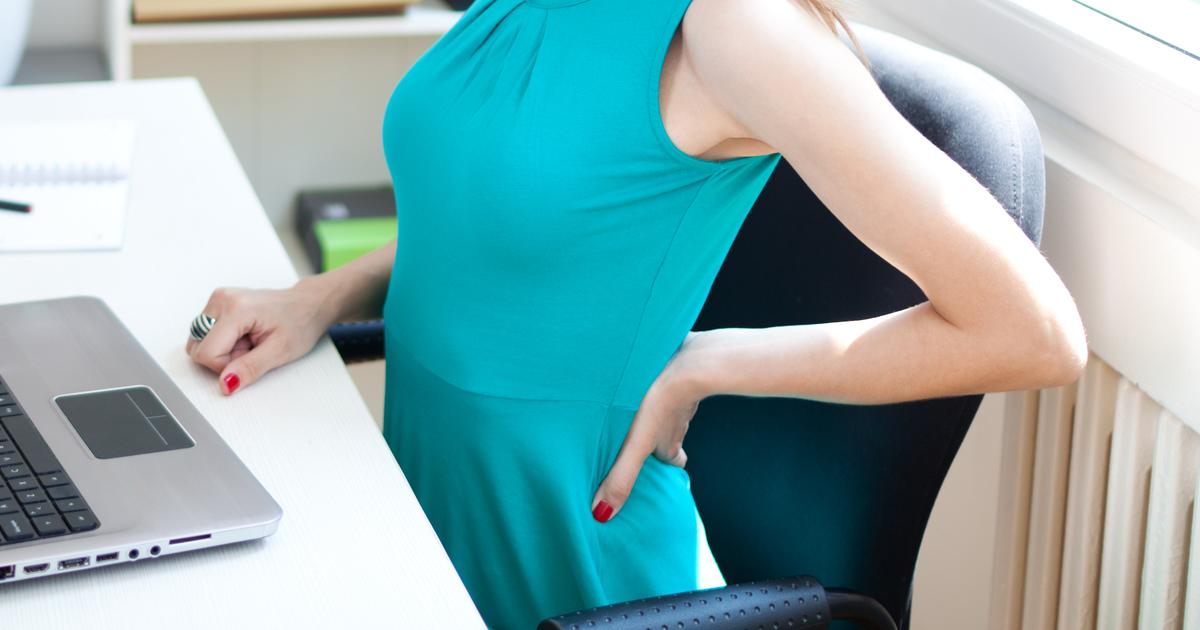Warning Signs Of A Prolapsed Bladder
Frequent Bladder Infections

When an individual experiences frequent bladder infections, it may be indicative of a prolapsed bladder. A bladder infection occurs when bacteria is introduced to the urethra and makes its way up the urinary tract into the individual's bladder. Bladder infections result from bacteria multiplying and colonizing once they are in the bladder. In healthy individuals, bacteria that travels into the urethra is typically washed away by urine. Proper sanitary habits help prevent the introduction of bacteria to the region.
When an individual experiences a prolapsed bladder, their pelvic floor muscles have failed at supporting the bladder. This failure allows the bladder to fall into other surrounding organs and structures. The displacement of the bladder can cause a patient to be unable to void their bladder of urine completely. This malfunction means some urine stays inside of the bladder continuously. When urine stagnates in a patient's bladder, bacteria are allowed to grow and multiply rapidly. This mechanism results in frequent bladder infections due to a prolapsed bladder.
Lower Back Pain

An individual experiencing persistent lower back pain may be affected by a prolapsed bladder. The bladder is secured in place by a floor-like structure formed by multiple ligaments and muscles. Moderate or severe bladder prolapse can cause the bladder to fall into the opening of a woman's vagina. This malfunction can cause the woman to have pain or discomfort in the lower back, pelvis, groin, vagina, and lower abdomen. Individuals affected by bladder prolapse tend to describe the pain as a continuous aching or pulling sensation.
Lower back pain is known to become worse in women with a prolapsed bladder when engaging in sexual intercourse or during their menstrual period. The bladder's presence on top of tissues where it does not belong can cause nerves in the area to become compressed. When the nerves are compressed, the patient can feel pain in the lower back and pelvis. The force of the bladder pulling on tissues and ligaments when it is displaced and fills up with urine can cause the muscles in the lower back to become fatigued and sore. In addition, urinary tract infections caused by a prolapsed bladder can also cause pain in the lower back.
